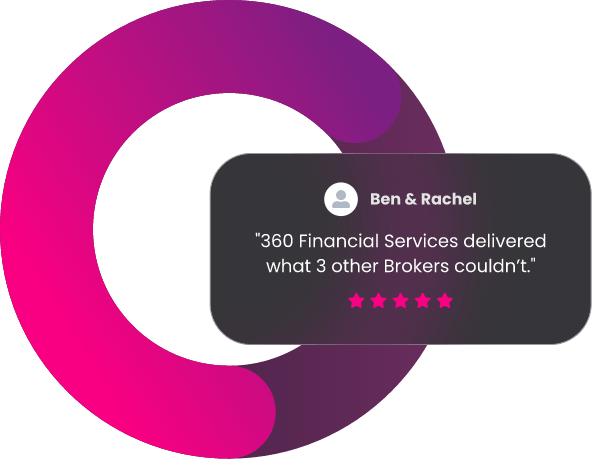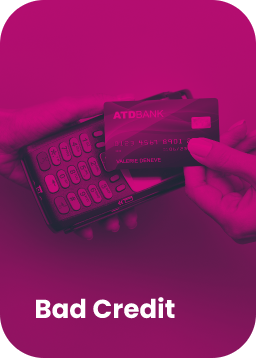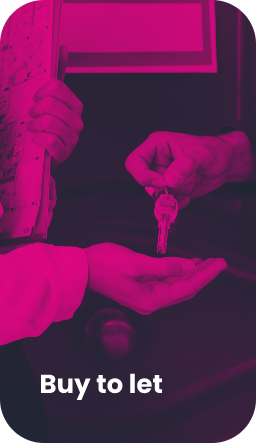Mortgage and Money Matters
Down to Earth mortgage, pension, investment and insurance advice for your home, your family and your future.

Hear what the customers say!
The

Way
You tell us about your financial situation and requirements
We source and recommend the best solutions available from the whole of the market
Paperwork is pushed around, and then, magic … problem solved




Because why over complicate it?
Whether you need to borrow £250,000 for your first home, £500,000 on a short term bridging loan or check your pension fund is performing well…we can help!
Our team of mortgage brokers and financial advisors are literally battle-tested (you’ve probably noticed the carnage that the financial sector goes through every few years) and can handle anything you throw at them.
You can trust us to understand your personal situation, relate to it and know exactly what needs to happen next.
So please go ahead and select a convenient time for us to talk by clicking the button below.
Our Core Services
Our experts cover the full spectrum of mortgage and financial advice from the whole of the market.
Residential Mortgages
Pension Optimisation
Bridging Loans
Equity Release
Insurance
Commercial Finance
Investments
Buy to Let
Painless Pension Optimisation
When was the last time you thought about your retirement plans and pension performance?
For many people the answer is ‘never’ and we don’t blame you, it’s not fun to think about getting crusty and old.
But with the right planning it can be something to look forward to without financial worries gnawing at your bones.
Here are just a few of the benefits of allowing our team to review your retirement plans:
- Pension consolidation and simplification
- Personalised advice aligned to your objectives
- Make your pension work smarter
- We do all the hard work for you!
*Don’t sleepwalk into retirement, take action today.

How it works
 Speak to us for free
Speak to us for free We chase your pension providers
We chase your pension providers We optimise and consolidate your pension funds
We optimise and consolidate your pension funds We monitor and adjust when needed
We monitor and adjust when needed Speak to us for free
Speak to us for free
 We chase your pension providers
We chase your pension providers
 We optimise and consolidate your pension funds
We optimise and consolidate your pension funds
 We monitor and adjust when needed
We monitor and adjust when needed
Visit us in Billericay High Street
Mayflower House, 128 High Street, Billericay, CM12 9XE.
If you would like to schedule a visit to our office and see a member of our team, please contact us to arrange a convenient time.
3 Reasons to Choose

‘Billericay and Greater London’s Finest Mortgage Broker and Financial Advice Service’

No upfront fee for initial advice
we’ll diagnose your money madness for free

No stone left unturned
we won’t give up on your case no matter how complex
We treat you like a human, not a sale
our clients are the lifeblood of 360

Meet the

Team

